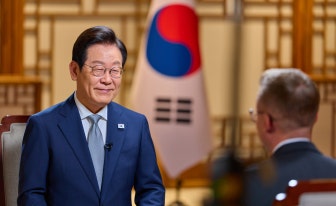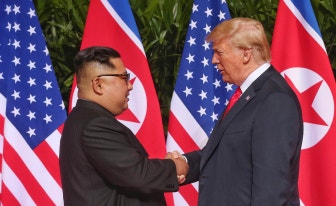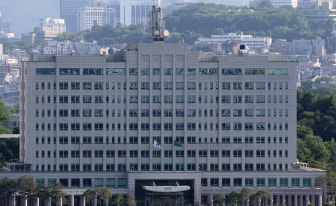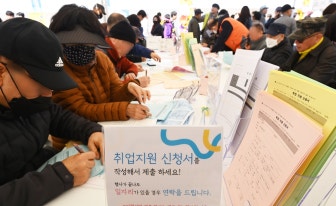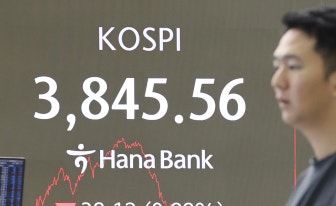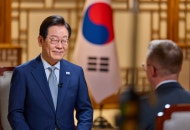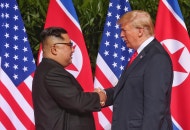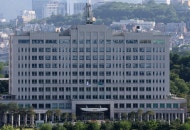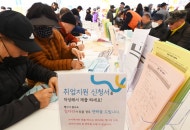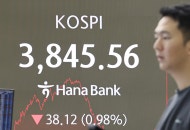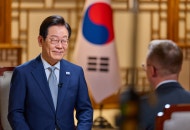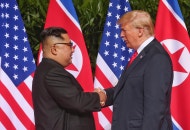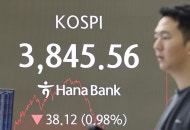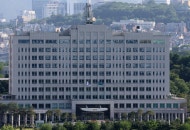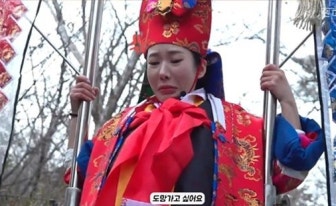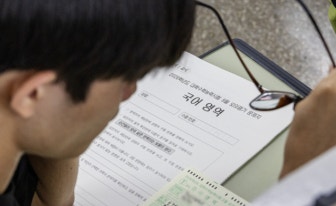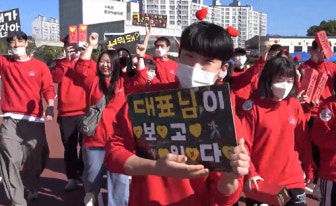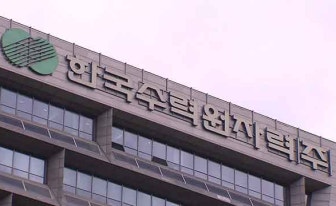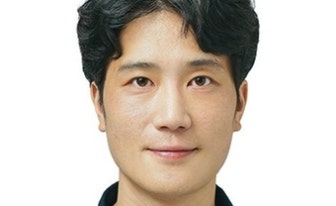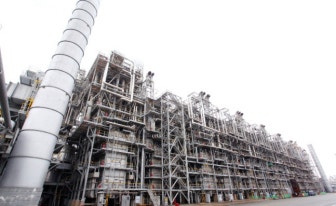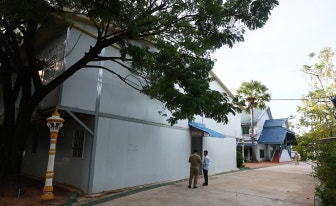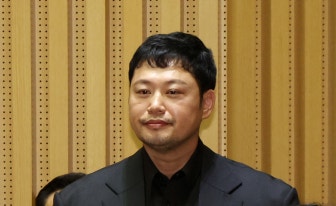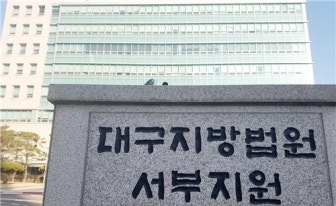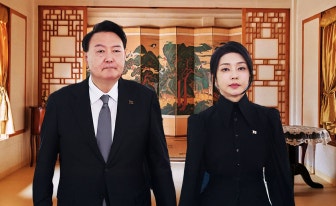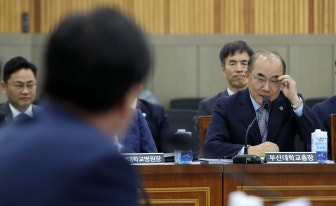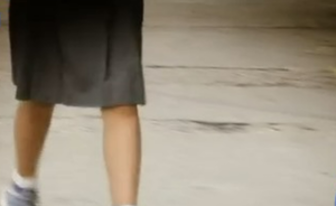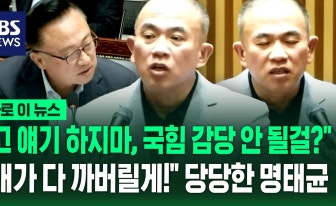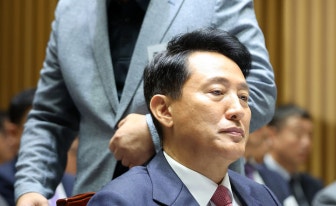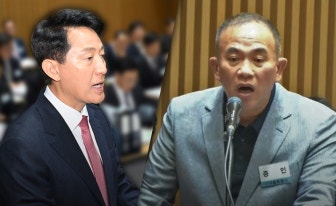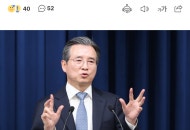| Apartment complexes are seen from Namsan in central Seoul on Tuesday afternoon, after the government announced its new real estate measures on Oct. 15. (Newsis) |
The Korean government is raising the prospect of increasing property-holding taxes, as policymakers confront renewed signs of housing speculation, rising prices and a shortage of listings despite a series of tightening measures.
The discussion resurfaced Tuesday after President Lee Jae Myung warned that “all available policy tools” must be mobilized to curb “unproductive speculative demand,” signaling a tougher stance on real estate before key local elections in June.
The shift reflects growing concern that the government’s earlier efforts — including lending curbs and expanded speculation zones — have failed to cool demand in Seoul’s most expensive districts.
Officials now see an imbalance in the tax system itself as part of the problem, where property-holding taxes remain among the lowest in the OECD while transfer taxes are among the highest, discouraging sales and locking up supply.
Earlier this week, Finance Minister Koo Yun-cheol echoed that concern, saying Korea’s housing tax structure — with low property-holding taxes and high capital-gains levies — has effectively frozen the market.
“If we were to apply a 1 percent property tax rate like in the US, the owner of a 5 billion-won home would have to pay about 50 million won in holding taxes each year,” he said. “If half of one’s annual income goes to taxes, it becomes unsustainable (to hold onto such an expensive home).”
Currently, Korea’s property-holding burden remains relatively light compared with peer economies, both in nominal rates and effective burden. The ownership tax consists of two layers: the local property tax and the comprehensive real estate tax, a national levy targeting higher-value holdings.
Property tax is imposed on 60 percent of a home’s government-appraised value, with a progressive rate between 0.1 and 0.4 percent depending on value brackets.
The comprehensive real estate tax is levied on an individual’s total property holdings, with the first 900 million won of combined appraised value exempt, or 1.2 billion won for single-home households.
For property values above that threshold, progressive rates from 0.5 percent to 5 percent apply, depending on the number of homes owned.
These relatively low effective rates — particularly for single high-value homes — have fueled criticism that the system favors asset-rich homeowners while discouraging transactions.
Presidential policy chief Kim Yong-beom has nonetheless argued that Korea’s ownership taxes are “undeniably low by global standards.” “It’s wrong to say we can’t touch the tax code,” he said. “A credible housing policy must include both tax and supply reforms.”
His comments were interpreted as leaving the door open for a revival of the property-holding tax proposal that was omitted from the government’s Oct. 15 real estate package.
Yet, few expect Seoul to act before the local elections in June. Political strategists note that any tax hike could alienate middle-class homeowners already strained by mortgage limits and higher interest rates.
The ruling Democratic Party of Korea, seeking to offset backlash from the latest restrictions, plans to unveil district-level housing-supply plans by December. Rep. Han Jeong-ae, who heads the ruling party’s housing-policy task force, said the government is “not currently considering” additional tax measures — highlighting a subtle rift between the presidential office and party leadership.
Experts broadly agree that Korea’s tax framework is misaligned, though they differ on how quickly reform should proceed.
“When transfer taxes are too heavy, listings dry up. The best solution is to lower transaction taxes while moderately raising holding taxes so homes can circulate more freely,” Han Mun-do, professor of real-estate studies at Seoul Digital University, said in a recent radio interview.
Seo Jin-hyung, professor of real estate law at Kwangwoon University, warned that without careful calibration, higher ownership taxes could trigger rent inflation as landlords pass on costs. “Tax pass-through effects must be front and center in any reform,” he said.

